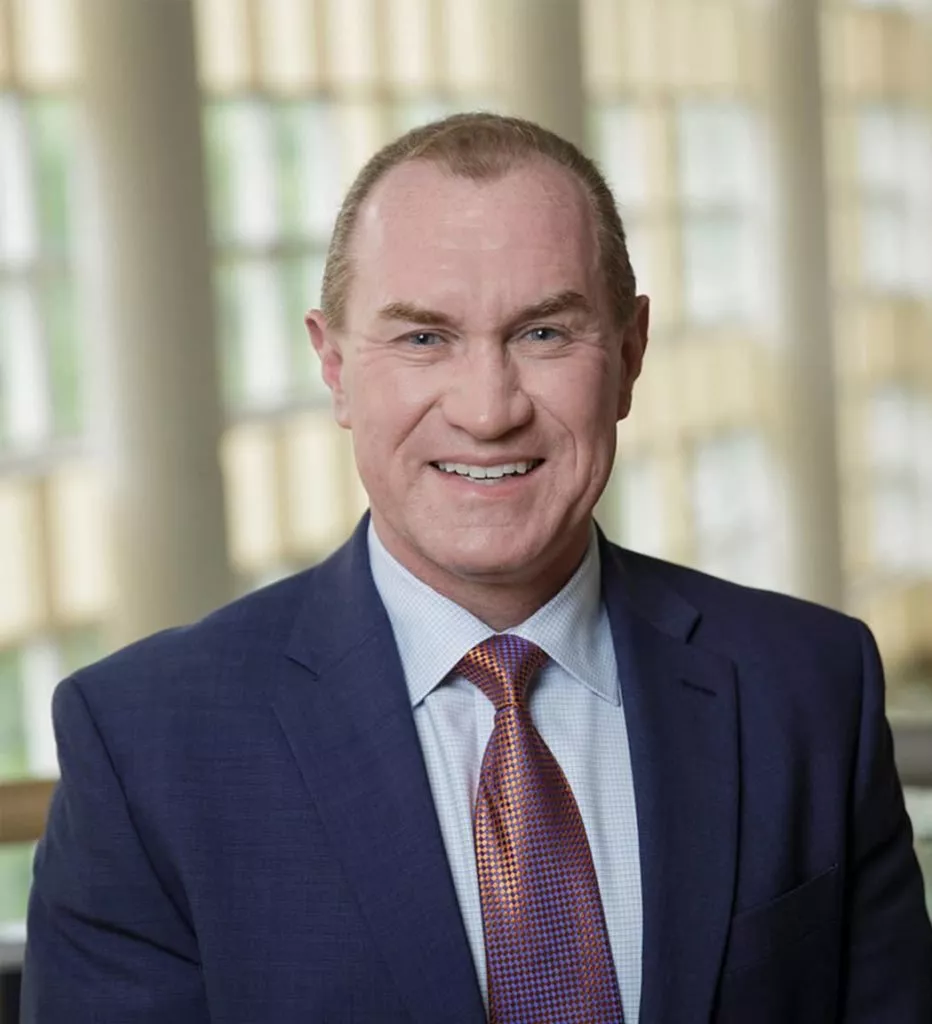June 5, 2024

“Adjusting for population growth, the [pediatric infectious diseases] workforce is projected to grow more slowly than most other pediatric subspecialties and geographic disparities in access to PID care are expected to worsen.” So reads the introductory paragraph of ‘Child Health Needs and the Pediatric Infectious Diseases Workforce: 2020-2040’. It is one of two (we’ll get to the second in a bit) recent articles co-authored by some of our fellow PIDS members that consider looming issues we must address.
This year’s national pediatric residency match data show a very worrisome, dwindling percentage of medical students entering pediatrics. Of course, those new residents serve as our substrate for future subspecialty fellows. The national pediatric subspecialty match data were not much different, showcasing that many pediatric specialties are going to have massive workforce shortages in the immediate and near future.
One could argue there is no single larger issue in our field, or in any field, than the workforce comprised of all of us. There are clear subcategories of the issue, like appropriate compensation, consistently defined clinical FTE, training approaches to attract new colleagues, and others. But all of those subcategories are easily rolled up into the larger umbrella issue of “workforce” and whether we will have enough to meet the demands of our nation with medical science expanding exponentially.
The pediatric ID workforce is one of the areas of focus I have dedicated to addressing (along with compensation and efficiency) during these two years of my PIDS presidency. If you visit the PIDS website, a large font quote from me about these topics welcomes you. Our subspecialty has grown considerably and our efforts in public health, vaccination, antimicrobial stewardship, among other areas, are integral to maintaining healthy communities and thriving children.
However, our workforce – particularly in generating new fellows and retaining existing colleagues – is inadequate to meet the increasing demands on our time. According to a study that appeared last year in OFID, nearly 80% of Americans live in a county without an infectious diseases physician. Such inequitable access to the care we provide means children are under increasing threat of infectious diseases, often simply because of where they live or their means to reach us. Unacceptable.
And as the COVID-19 pandemic has shown us, our presence is needed more than ever. The second article, ‘Preparing the Pediatric Workforce for Future Pandemics and Disasters’, approaches this additional challenge. Climate change, antimicrobial resistance, zoologic encounters combine to place another pandemic on our horizon. As we rush headlong into that, we also have natural and man-made disasters that create the circumstances for infectious agents to proliferate, as will suffering from related maladies such as starvation. We will need to heed all COVID-19 “lessons that we learned in preparing our pediatric workforce to care for the youngest and most vulnerable members of our population.”
What can each of us do to address these challenges? First, know that this is a pediatric-wide issue, one that has the attention of AMSPDC (the Department of Pediatrics Chairs group), the American Board of Pediatrics, and several pediatric training societies. Second, become involved. We have several related PIDS initiatives ongoing in this space, including a survey recently sent to all Division Chiefs in the country to build on the substantial work done just before the pandemic. When your Chief works with you to help define our landscape, let’s all contribute so we have robust and comprehensive data about our field and can move in unison toward improving our workforce.
We are quite literally all in this together.